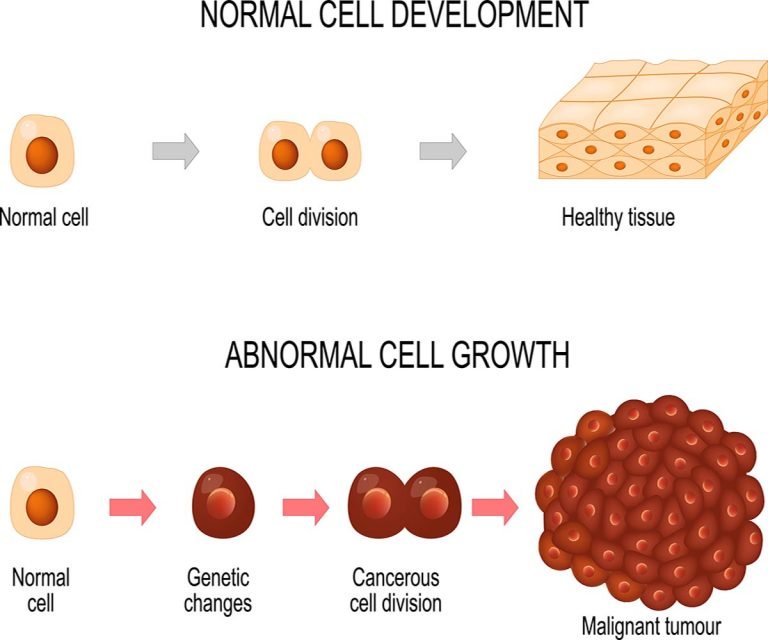Understanding FIV : Importants Facts that You should Know
FIV is a rare disease in cats that can impact their immune system. While there is no cure for this disease, it can be easy to manage FIV in cats, leading to a long and normal life. FIV-positive cats can live perfectly well with healthy cats, and transmission of this disease only occurs through a deep bite wound. Understanding FIV is the best way to treat and prevent further FIV transmission between cats. Below, let’s take a closer look at this often misunderstood disease.
What Is FIV?
FIV is an abbreviation for Feline immunodeficiency virus. This disease was first discovered in the United States, but today is a widespread ailment in cats. The condition is very similar to HIV or AIDS, except it is exclusively found in cats. There is no risk of transmitting this disease to humans. The virus is incurable and works by damaging the cat’s immune system by targeting white blood cells. Sometimes, cats with FIV do not show any symptoms until the disease has lived for years within the cat. Your veterinarian can do a blood test to diagnose your cat with FIV.
How Do Cats Get FIV?
The most common way a cat gets FIV is through a deep bite or wound from an infected cat to an otherwise healthy cat. Bites usually occur with outdoor, aggressive cats that may fight over a territory dispute. Understanding how FIV is transmitted is the best way to keep your cat protected. FIV risks and danger is the perfect reason to keep cats indoors. Although it is rare, FIV can be passed along from a mother cat to her kitten.
Can A Cat Live a Normal Life with FIV?
FIV is not a death sentence for a cat. While FIV can be a very serious disease and can spread to other cats, impacting their immune system, many cats with FIV go on to live a perfectly normal and healthy life. FIV primarily affects the immune system, which means your cat may be more prone to getting certain diseases and ailments. FIV can also make your cat’s kidneys work harder than usual, which can make your cat drink more water than a typical cat. Your FIV-positive cat may also have a longer recovery time from diseases and ailments too. Be sure to let your veterinarian know that you have an FIV-positive cat. Your cat may not receive some vaccinations and may need different medication that does not impact the kidneys as much to keep it healthy.
Is a Cat With FIV a Danger?
FIV is a serious disease that impacts cats around the world. While FIV is highly contagious in the right conditions, it is crucial to understand this disease so that you can keep your cat protected. FIV is only transmitted to other cats through a deep bite that penetrates the skin. FIV cannot be transferred between cats sharing a food bowl or water bowl or between cats that help groom one another. It is perfectly possible to house an FIV-positive cat with an otherwise healthy cat. Always keep the cats supervised, and maintain the proper safety steps to ensure that FIV is not transmitted from one cat to another.
How Can I Protect My Cat?
FIV is usually transmitted through a deep bite or wound from one infected cat to another. The best way to protect your cat is to keep it indoors, away from potentially infected cats. House cats that are left to roam outdoors regularly experience significantly shorter lifespans. This reason is mainly due to the dangers of the outdoors coupled with territorial, potentially feral, and FIV-positive cats. If you have an FIV-positive cat living with a healthy cat, be sure constantly to monitor the two cats and prevent any possible disputes.







